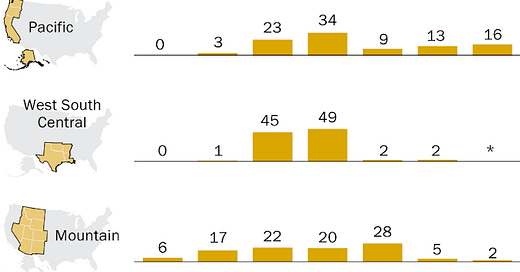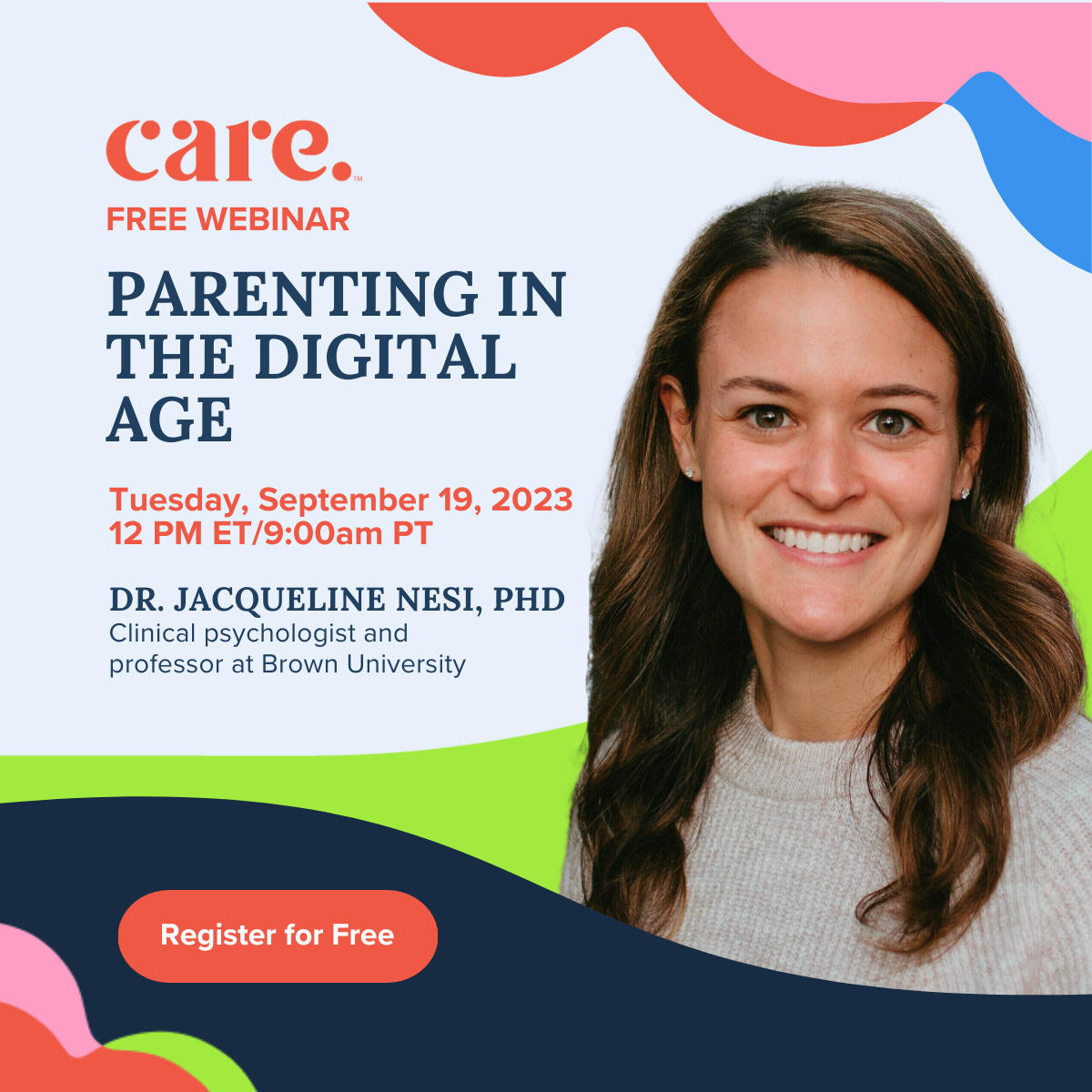How can we help our kids persist through difficulties?
September Research Roundup: Back-to-school, helping toddlers learn persistence, and social media interventions
Hi sapiens! It’s September, and we’re back with another research roundup. But before we dive in, a quick announcement: next Tuesday 9/19, I’m offering a free webinar on parenting in the digital age with Care.com! I’ll be talking about how technology and social media impact kids’ mental health, and how parents can help their kids navigate it. You can register here.
And now, onto the research. Today, we’ve got three studies on:
Back-to-school timing across the U.S.
Teaching our children to stick with difficult tasks
A pediatrician-delivered intervention targeting teens’ social media use
1. When do U.S. kids go back to school?
The timing in which public school students go back to school varies widely across the U.S. The most common weeks to start school this year were: August 7-11 (23% of school districts) and August 14-18 (24% of school districts). A total of 80% of school districts in the country were back in school before labor day, and an unlucky 5% started between July 17-August 4. Start dates vary by region, but the reasons for this are unclear. It’s not, as many people assume, a product of our “agrarian past.” Start dates do cluster by region, though, in part because there are advantages to aligning schedules in neighboring districts (e.g., for teacher recruitment). Pew Research Center.
My take: Growing up in Connecticut, I remember wallowing in the injustice of being forced to start school before Labor day. The fact that students are going back to school in July truly blows my mind. Luckily, in most cases, students’ summer vacations aren’t getting cut too short—most states have roughly 180 days of school, so schools that start earlier in the year also end earlier.
2. How can we help our kids persist through difficulties?
That parenting book you once read—or, wait, was it a TikTok you saw?—has likely made you aware of the benefits of praising kids for effort (e.g., “Wow! You worked so hard to sound out those words!”), rather than for fixed traits (e.g., “Wow! You’re so smart!”). But when, exactly, should we be giving this praise?
Keep reading with a 7-day free trial
Subscribe to Techno Sapiens to keep reading this post and get 7 days of free access to the full post archives.






